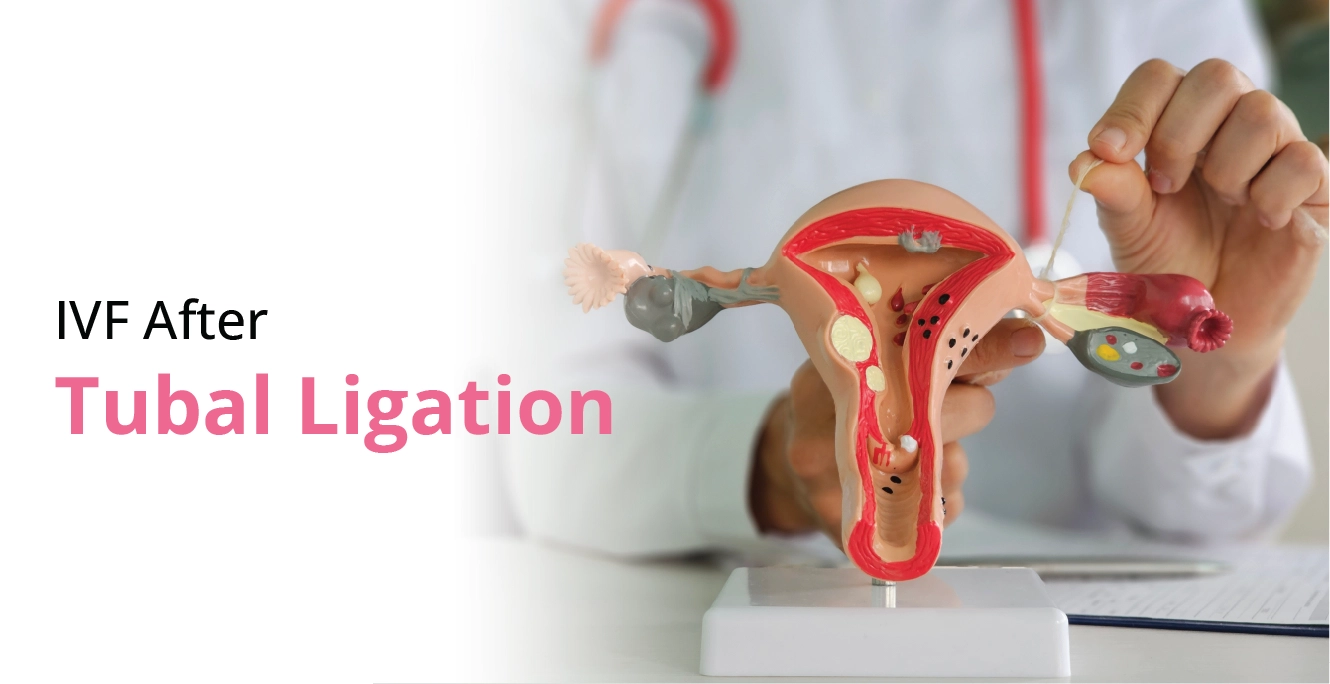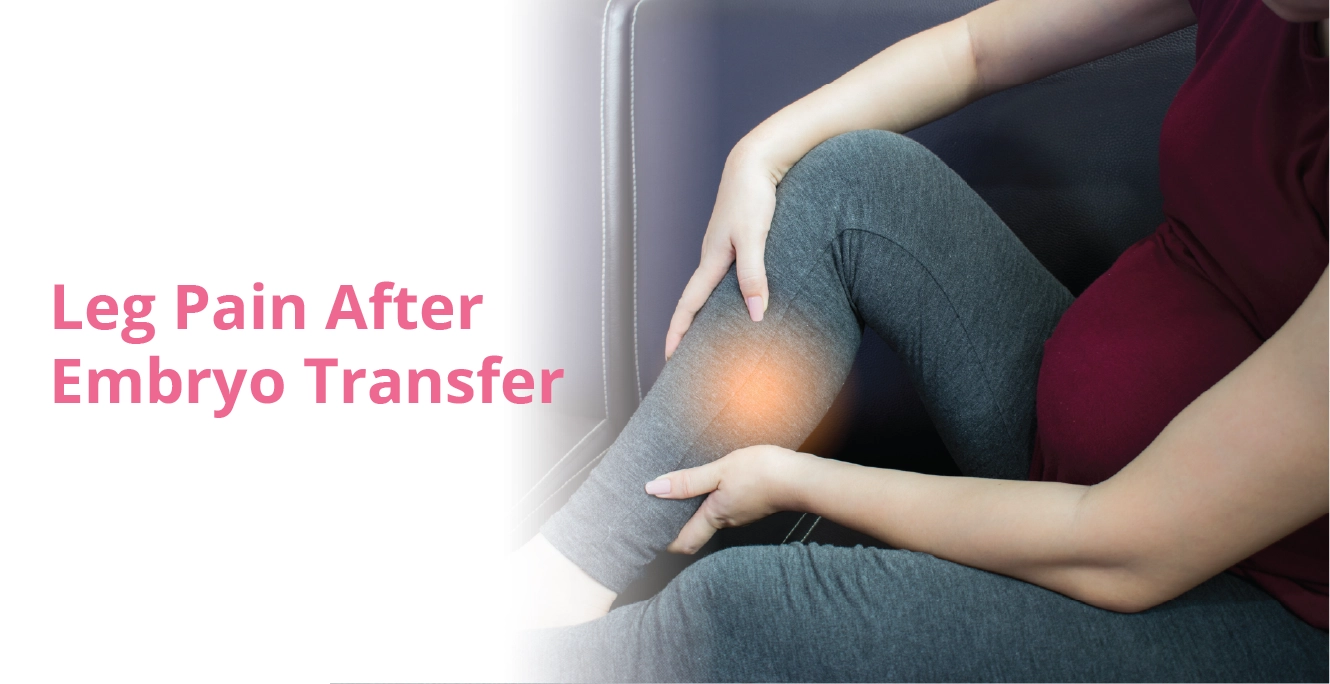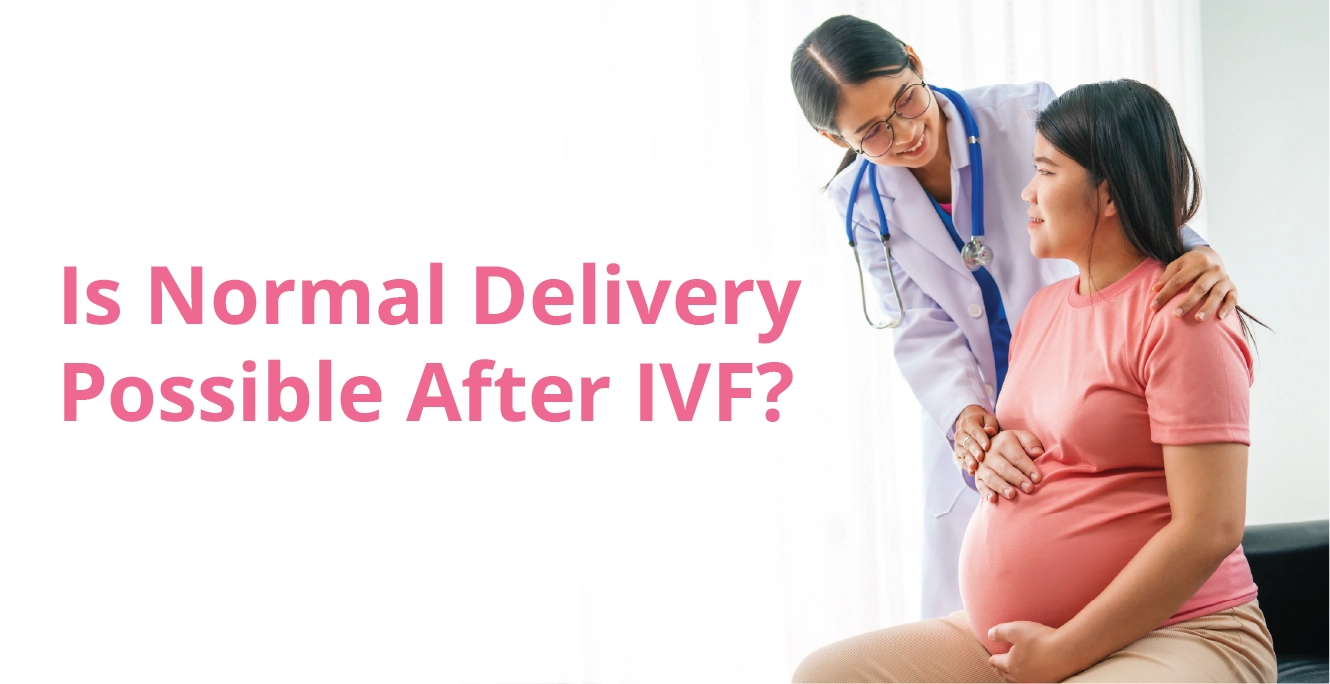
IVF Injections: Different Types, Uses, Benefits

Table of Contents
- Key Takeaways
- The Crucial Role of IVF Injections
- Why are IVF Injections Used?
- Types of IVF Injections
- Follicle-Stimulating Hormone (FSH) Injections: The Growth Boosters
- Human Menopausal Gonadotropin (hMG) Injections: The Dynamic Duo
- Gonadotropin-Releasing Hormone Agonists (GnRH Agonists): The Ovulation Gatekeepers
- Gonadotropin-Releasing Hormone Antagonists (GnRH Antagonists): The Quick Suppressors
- Human Chorionic Gonadotropin (hCG) Injections: The Ovulation Triggers
- Progesterone Injections: The Implantation Supporters
- What to Expect During Your IVF Injection Journey
- Benefits of IVF Injections:
- How Many Injections Does IVF Treatment Require?
- IVF Injections After Embryo Transfer
Key Takeaways
-
Understanding the different types of IVF injections is essential for a successful in vitro fertilisation (IVF) journey.
-
The main categories include follicle-stimulating hormone (FSH) injections, which promote follicle growth, and human menopausal gonadotropin (hMG) injections, which combine FSH with luteinising hormone for enhanced stimulation.
-
Gonadotropin-Releasing Hormone (GnRH) agonists and antagonists regulate ovulation timing.
-
Human Chorionic Gonadotropin (hCG) injections trigger egg maturity.
-
Post-retrieval, progesterone injections prepare the uterus for embryo transfer.
-
These injections play a crucial role in synchronising cycles, stimulating egg production, and optimising implantation chances, significantly boosting fertility success.
When you embark on your IVF journey, it’s natural to feel overwhelmed by the various medications and injections involved. These tiny vials and syringes play a crucial role in stimulating your ovaries, controlling ovulation, and preparing your body for embryo implantation. But don’t worry; you’re not alone in this. Countless women have walked this path before you, and with the right information and support, you’ll be able to navigate the world of IVF injections with confidence.
The Crucial Role of IVF Injections
IVF injections are the unsung heroes of the treatment process, working tirelessly behind the scenes to optimise your chances of success. These medications are designed to stimulate your ovaries, encouraging the development of multiple mature eggs in a single cycle. By carefully controlling ovulation and preparing your uterine lining for implantation, IVF injections lay the foundation for a successful pregnancy.
Why are IVF Injections Used?
IVF injections are essential for several reasons:
-
Stimulating follicle growth: IVF injections are the catalyst for follicle development in your ovaries. While natural ovulation typically releases a single egg per cycle, these injections encourage the growth and maturation of multiple follicles, each containing a precious egg.
-
Preventing premature ovulation: Timing is everything in IVF, and these injections ensure that your eggs are retrieved at the optimal moment for fertilisation. By preventing premature ovulation, IVF injections give your medical team the control they need to maximise your chances of success.
-
Preparing the uterine lining: A receptive uterine lining is essential for embryo implantation. Certain IVF injections, such as progesterone, work to create the ideal environment for your embryo to nestle in and grow.
Types of IVF Injections
Follicle-Stimulating Hormone (FSH) Injections: The Growth Boosters
FSH injections are your ovaries’ best friends. These medications contain purified forms of FSH and are typically self-administered daily for about 8–12 days. Their mission? To stimulate the growth and maturation of multiple follicles, ensuring a bountiful harvest of eggs.
Human Menopausal Gonadotropin (hMG) Injections: The Dynamic Duo
Sometimes, FSH alone isn’t enough to get the job done. That’s where hMG injections come in. These medications combine the power of both FSH and luteinising hormone (LH) to stimulate the development of multiple follicles. Think of them as the dynamic duo, working together to give your ovaries the boost they need.
Gonadotropin-Releasing Hormone Agonists (GnRH Agonists): The Ovulation Gatekeepers
GnRH agonists suppress the body’s natural production of hormones, preventing premature ovulation. They are administered early in the IVF process, around day 21 of the woman’s cycle, to down-regulate the pituitary gland and give more control over follicles and eggs.
Gonadotropin-Releasing Hormone Antagonists (GnRH Antagonists): The Quick Suppressors
GnRH antagonists also suppress the natural production of reproductive hormones but work more quickly than GnRH agonists. They are typically administered later in the stimulation process to prevent premature ovulation.
Human Chorionic Gonadotropin (hCG) Injections: The Ovulation Triggers
When your follicles have reached maturity, it’s time for the hCG injection to take center stage. Administered 36 hours before egg retrieval, hCG injections trigger ovulation and prepare your uterine lining for embryo implantation. Consider them the final piece of the puzzle, setting the stage for fertilisation.
Progesterone Injections: The Implantation Supporters
After egg retrieval, progesterone injections step in to ensure your uterine lining is at its optimal thickness for embryo transfer. These injections create a welcoming environment for your embryo, increasing the likelihood of successful implantation.
In a nutshell:
|
Injection Type |
Purpose |
Administration |
|---|---|---|
|
FSH |
Stimulates follicle growth and egg maturation |
Subcutaneous or intramuscular |
|
hMG |
Stimulates follicle growth in women with low FSH and LH |
Subcutaneous or intramuscular |
|
GnRH Agonists |
Suppresses natural hormone production, prevents premature ovulation |
Subcutaneous, starts around day 21 of cycle |
|
GnRH Antagonists |
Suppresses natural hormone production, prevents premature ovulation |
Subcutaneous, administered later in stimulation process |
|
hCG |
Triggers final egg maturation, prepares for retrieval |
Subcutaneous or intramuscular, 36 hours before retrieval |
|
Progesterone |
Prepares uterine lining for embryo transfer |
Intramuscular, vaginal, or oral |
What to Expect During Your IVF Injection Journey
Administering the injections
IVF injections can be administered either subcutaneously (into the layer of fat under the skin) or intramuscularly (directly into the muscle). The good news? Most injections are subcutaneous, meaning you can self-administer them in the comfort of your own home. Common injection sites include the abdomen, thigh, or upper arm.
Monitoring your progress
Throughout your IVF cycle, your medical team will keep close eye on your progress. Regular blood tests and ultrasound examinations will monitor the development of your follicles and hormone levels, ensuring that your treatment is on track and allowing for any necessary adjustments.
Some Indian women undergoing IVF treatment might be candidates for low-dose stimulation protocols. These are designed to minimise the risk of ovarian hyperstimulation syndrome, a condition more common among South Asian women. This approach ensures safety while optimising the chances of a successful egg retrieval process.
Benefits of IVF Injections:
-
Increased success rates: By stimulating multiple follicles and controlling ovulation timing, IVF injections significantly increase the chances of successful fertilisation and implantation.
-
Controlled ovulation: These injections give your medical team the power to control the timing of ovulation, ensuring that your eggs are retrieved at the optimal moment for fertilisation.
-
Preparation for implantation: Progesterone and hCG injections work together to create the ideal uterine environment, increasing the likelihood of successful embryo implantation.
How Many Injections Does IVF Treatment Require?
The number of injections needed varies depending on your individual treatment protocol. On average, patients may need to administer FSH injections daily for about 8–12 days, followed by other injections such as GnRH agonists or antagonists, hCG, and progesterone as needed.
While the thought of multiple injections may seem overwhelming, remember that each one brings you a step closer to your dream of starting a family. Your medical team will be there to guide you every step of the way, providing support and answering any questions you may have.
It’s important to note that while IVF injections can cause some side effects, such as bruising or soreness at the injection site, these are generally mild and manageable. If you experience any severe or persistent side effects, don’t hesitate to reach out to your doctor for guidance.
IVF Injections After Embryo Transfer
One of the most significant steps in the IVF process is the embryo transfer. After this procedure, patients often receive specific injections to support the implantation process and enhance the chances of a successful pregnancy.
Following the embryo transfer, progesterone injections are commonly prescribed. Progesterone is vital for thickening the uterine lining and creating a nurturing environment for the embryo. These injections help maintain hormonal balance, which is essential for implantation and early pregnancy development.
Word from an expert
“IVF injections may seem daunting at first, but they are a crucial component of the treatment process. Each injection plays a specific role in optimising your chances of success, from stimulating follicle growth to preparing your uterine lining for implantation. Remember, you are not alone in this journey. Your medical team is here to support you every step of the way, ensuring that you receive the care and guidance you need to navigate the world of IVF injections with confidence.” ~ Dr. Aashita Jain
Our Fertility Specialists
Related Blogs
To know more
Birla Fertility & IVF aims at transforming the future of fertility globally, through outstanding clinical outcomes, research, innovation and compassionate care.
Had an IVF Failure?
Talk to our fertility experts

 Our Centers
Our Centers















